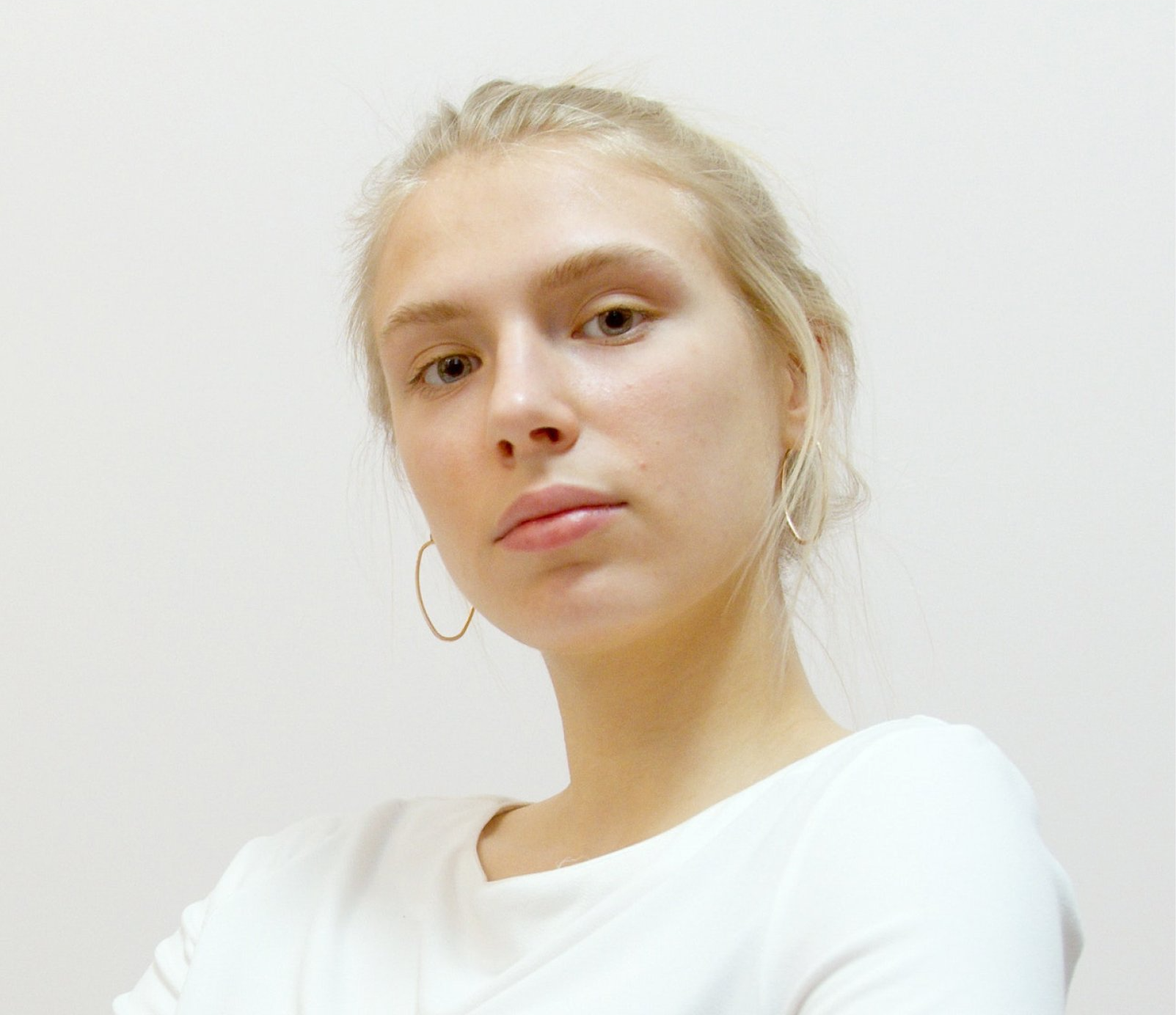The parents of children suspecting of having ADD symptoms often deny even the possibility of testing, let alone treating , the disorder. This denial is understandable, and may be seen as protective and well-intentioned. However, it may make matters worse since it prevents finding out what the truth is; if the problem is there, it allows it to grow and worsen.
A number of reasons for this denial may exist. One is an extension of a simple childhood fantasy: “If I don’t admit to it, it’s not really there”. Even as adults, a lot of this “magical” thinking still goes on.
Another cause of denial is the “self-protective” one. Some parents see any problems in their children as a reflection of themselves, and therefore something that is wrong in them or they did wrong as parents. In children with ADD, this is not the case. However, the urge to self-protect, even when misdirected, is a powerful one.
ADD is often hereditary. This means that the parent could have ADD, too. Often, parents compare their children to themselves, and so don’t see any problem, even if others do. This prevents them from getting the best for their children.
The perceived solution to ADD may be seen as so terrible that it is best to exclude the possibility of the problem, therefore excluding the solution as well. This solution- often seen as unavoidable in treating the problem- is usually Ritalin or another stimulant-based drug. This concern is valid. These drugs often have serious physiological and psychological side effects; and to control the ADD, must be taken for life. However, it is imperative to know this is not the only solution!
Denial of ADD, although understandable, might actually make the problem worse. What does this mean? First, each academic year builds on the previous years’ foundation: the longer the testing and possible treatment is delayed, the increasingly harder school becomes. Secondly, if children’s experience at school and elsewhere teaches them they are “not smart” (even if people with ADD tend to have higher than average intelligence), or are “trouble-makers”, they will gradually see themselves as such and act accordingly. Finally, practicing denial teaches denial and the consequent hopelessness that are toxic to growth, achievement, and success for the child.
Medication is not the only effective treatment for ADD. Neurofeedback is a treatment that corrects the problem for life, as well as adding a sense of self-determination and success for the child. This method of treatment, a sub-type of biofeedback that utilizes EEG analysis to provide information on brain signaling activity, is an alternative to medication. Neurofeedback mitigates the symptoms of ADHD in a beneficial and side-effect-free manner by re-focusing the thought processes of brain, ulimately alleviating the condition.



